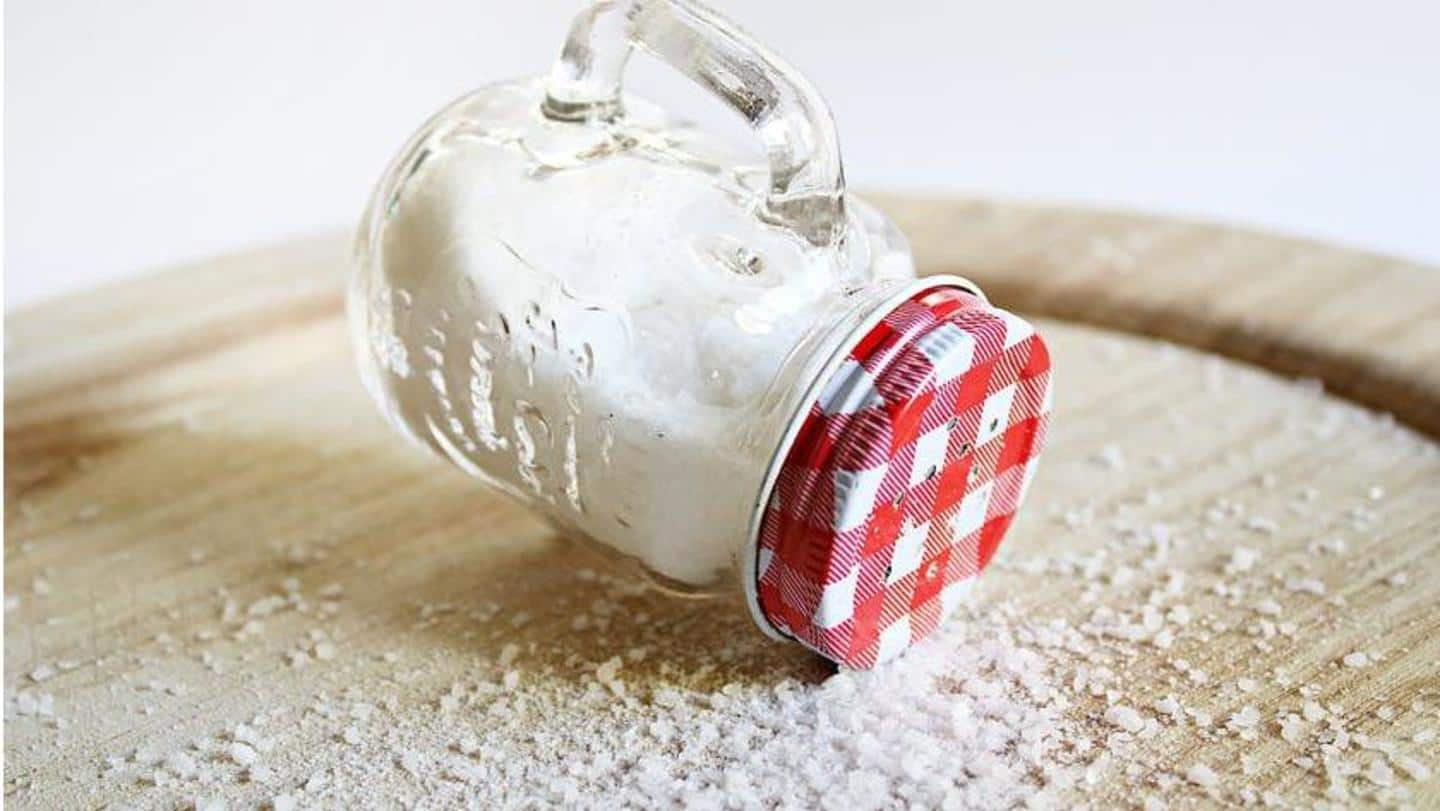
What happens if you eat too much salt?
What's the story
Salt is one ingredient we can't do without. A little or a lot, it adds taste to food.
Table salt constitutes 40% sodium and 60% chloride.
Our body needs sodium for better muscle and nerve function.
When matched with chloride, it helps your body balance water and mineral.
However, eating too much salt may cause several health issues in the short and long term.
Context
Here is what our expert says
While high salt intake has been associated with high blood pressure, it has unfavorable direct effects on all the organs of the body.
It negatively affects the liver, the kidneys, brain, skin, bones and muscles by increasing the inflammation at cellular level.
It reduces bone density, in heart it causes ventricular dysfunction, in brain it has been found to affect the sympathetic outflow.
#1
Water retention and excessive thirst
A sudden spike in blood pressure can happen if you eat too much salt in a day or even in a meal.
Bloating due to water retention is the most common problem.
You might feel excessively thirsty since your body is trying to fix the sodium-to-water ratio.
It can also lead to hypernatremia--a condition where there is more sodium than water in the body.
#2
Kidney and heart troubles
The high sodium level in blood reduces the kidneys' performance, therefore increasing the blood volume and stressing the body's blood vessels.
This results in high blood pressure which can eventually lead to heart diseases.
Consuming too much salt can also lead to fluid collecting in the tissues and cavities.
It may cause the body to expel calcium in small amounts, leading to osteoporosis.
#3
How to cut down on your salt consumption?
Our body needs a small amount of sodium, about 1,500 milligrams every day.
To keep the salt intake in check, buy fresh meat and vegetables instead of packaged and processed ones.
Read labels and check the sodium content in any packed foods you buy.
Opt for spices and seasonings that do not have sodium.
When eating out, ask for minimal salt in your dish.
#4
Most condiments contain excessive salt
Foods with umami flavors like tomato ketchup, soy sauce, MSG, and fish sauce contain a high quantity of sodium.
Several packed snacks like salted nuts, chips, pretzels, dried seafood or meats, and canned foods like soups and beans have added salt in the form of preservatives and flavors.
Avoid these foods or reduce consumption if you suspect your salt intake is high.